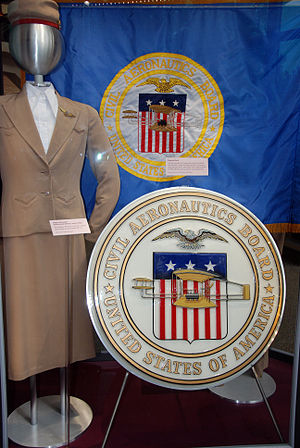In April of 2007, we wrote on the subject of Involuntary Reroute, in response to an article in the Consumerist. Now, popular advice site Lifehacker has picked up on the Rule 240. They reference our friend over at the Cranky Flier, Brett Snyder, and another short article on the subject. So, let’s revisit the issue.
Rule 240 doesn’t exist. It ceased to exist in 1979. But it stayed on the books of many American carriers, referring to a provision in the conditions of carriage. So, if you are flying internationally, they won’t know what you are talking about. Â Also, anyone who does know about the rule is likely to be less cooperative.
Let’s go to the airlines themselves. Most define their policy regarding rerouting a passenger in their Contract of Carriage. Most airlines derive theirs from one of two sources. Legacy carriers in the U.S. tend to have had their original versions inspired by those mandated by the Civil Aeronautics Board(hence the Rule 240 language). Many carriers worldwide are inspired by IATA Recommended Practices 1724, which is a generic Contract of Carriage used in some part by many airlines.
If your flight is cancelled, you do have rights. First, let’s define cancelled. This is not about schedule changes months in advance. That is not considered cancellation.
As all IATA carriers(try to name a carrier that isn’t an IATA carrier), are subject to IATA regulations, the relevant regulation we’ve mentioned time before is IATA 735D. Try to find an airline employee who knows this though.
IATA 735D states that the following situations justify an involuntary change of carrier, routing, or fare class
- Cancellation.
- Delay…this includes congestion, ATC restrictions, and weather delays
- Overbooking
- Reroute/Diversion
In these cases, it is the responsibility of the carrier that caused the situation to arrange onward carriage, with “due consideration for the passengers’ reasonable interests.” And provided the new flights are arranged within 24 hours of departure of the new carrier’s flights, approval is not required on the part of the carrier accepting the tickets.
There is a danger here, because the provision also allows for the airline to provide you with an involuntary refund. Being as you have places you want to be, that is not an option you wish to encourage an airline to execute. Also in some situations, if there is bad weather in a city, there may not be an alternate flight available.
Let’s go back to the Contract of Carriage for a moment. JetBlue, for example, does not reference rerouting onto another carrier in its Contract of Carriage. It only outlines changes to another flight and an involuntary refund.
So, having discussed the considerations, your best move is probably to stay respectful, let them understand that you are just trying to complete your trip. Empower the employee you are speaking to. Check timetables, offer suggestions, because they will not be volunteering them.
Oh, and the Rule 240 issue is very US centric. While IATA 735D is worldwide, if you happen to be travelling in the EU, EU Regulation 261 makes it much more likely a legacy airline will reroute you, as this is less costly than the required compensation.

